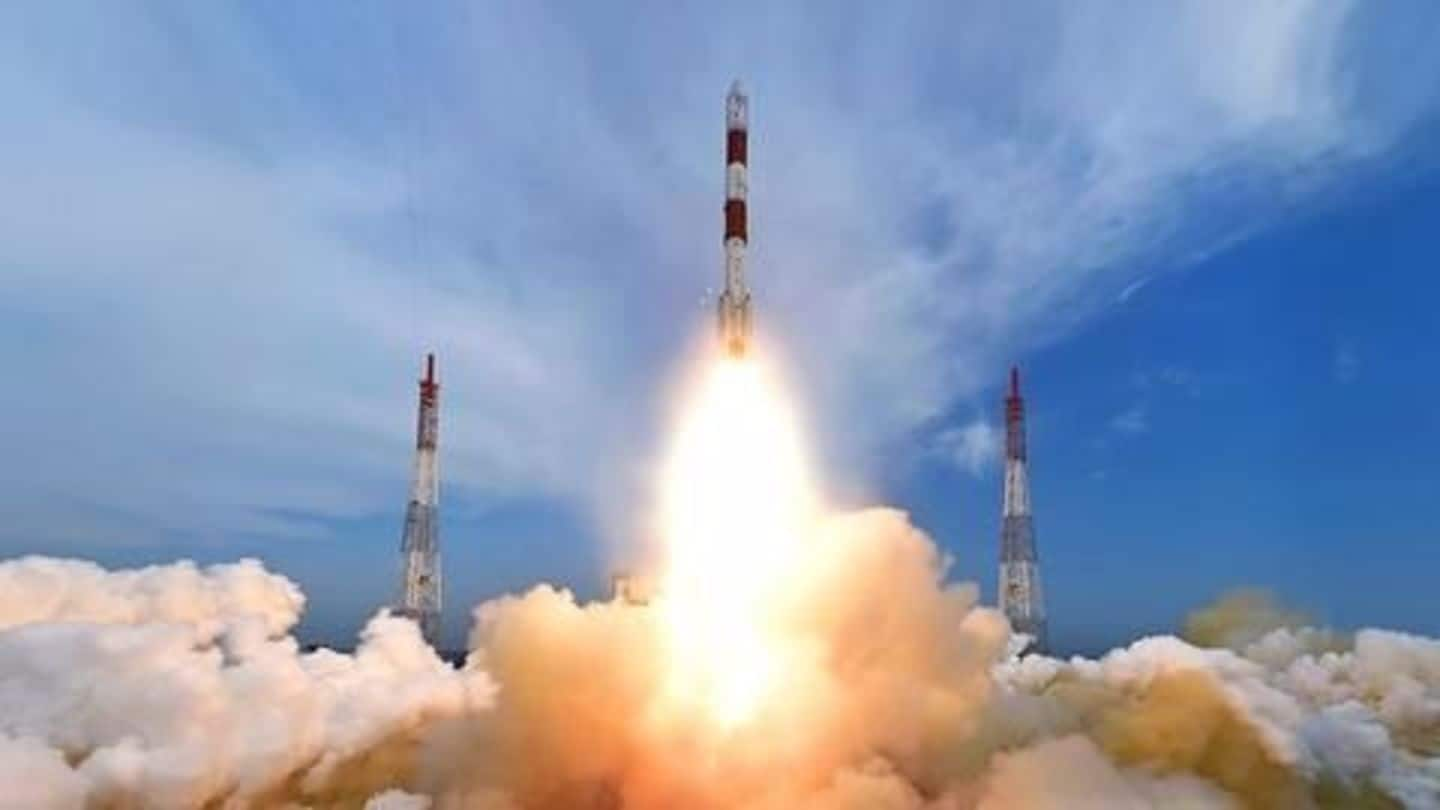
Pakistan's Suparco nowhere in sight as ISRO makes new record
What's the story
ISRO made a world record yesterday by launching 104 satellites using its PSLV-C37 rocket carrier. While ISRO is basking in glory, Suparco, Pakistan's national space agency, is nowhere in sight despite being set up eight years prior to ISRO. ISRO is planning trips to Venus and Mars by 2040, however Suparco is still struggling with satellite production. Let us explore the reasons behind it.
1961
Pakistan sets up Suparco
In 1961, globally renowned Pakistani physicist Abdus Salam convinced the then-President Ayub Khan to set up a national space agency. In September 1961, Pakistan set up the Space and Upper Atmosphere Research Commission (Suparco), the first national space agency in the subcontinent. Under Salam's leadership, the initial years of Suparco were marked by hope and optimism.
Initial years
Suparco launches its first rocket
Soon after it was set up, four Suparco scientists were sent to study in NASA. In 1962, Suparco launched its first rocket, Rehbar I, with the help of NASA, becoming the third Asian country to launch a rocket after Israel and Japan. Yet, despite the encouraging start, Suparco is now decades away from the stature the Indian Space Research Organization (ISRO) has today.
Do you know?
Abus Salam wins the Nobel Prize in Physics
In 1979, Abdus Salam was awarded the Nobel Prize in Physics along with Sheldon Lee Glashow and Steven Weinberg "for their contributions to the theory of the unified weak and electromagnetic interaction between elementary particles, including, inter alia, the prediction of the weak neutral current".
Start of decline
ISRO grows in stature while Suparco shrinks
Suparco's state today is the result of government's apathy towards research, military leadership dictating scientific goals, and poor educational funding. In the 1970s, while ISRO was preparing to launch its first satellite Aryabhatta-I, the Pakistani government had shifted resources and focus from space technology to its atomic bomb project. The only event of note in the decade was a visit by Apollo 17 astronauts.
Decline
Suparco suffers setback after setback
During the 1980s and 1990s, Suparco witnessed further setbacks. First, President Zia-ul-Haq cut off funding for major Suparco projects, including what would have been its flagship satellite communication launch. Secondly, generals started replacing scientists in the top Suparco positions. Thirdly, the government disowned Abdus Salam for being Ahmadiyya, thus cutting off all assistance from of the most important theoretical physicists of the 20th century.
Current state
The state of Suparco today
Qaiser Khurrum, the current chairman of Suparco, is a former general. While ISRO launched its first communications satellite Aryabhatta-I in 1975, Suparco launched its first, Badr-I, in 1990 with Chinese assistance. Suparco's second communications satellite launch was as late as 2011. Suparco is currently working to develop indigenous satellite making and launching capabilities by 2040. Let's see how it pans out further for Pakistan.